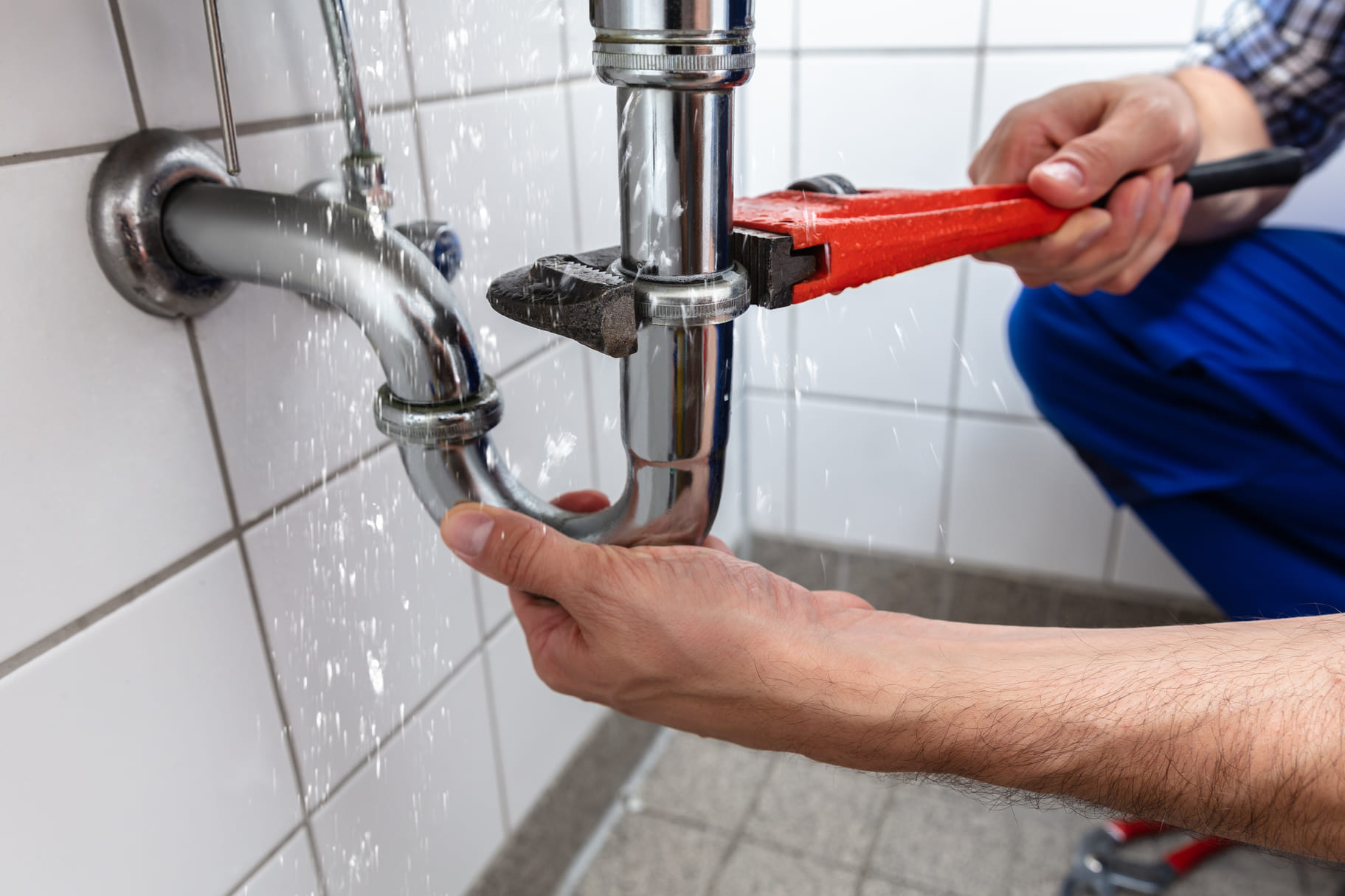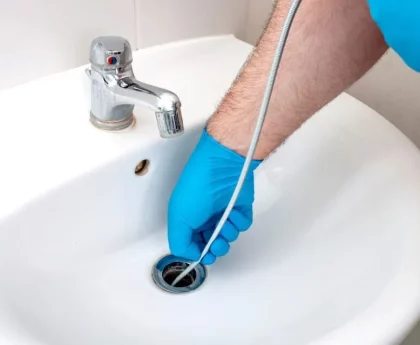Pipe Replacement in Columbus OH is a significant undertaking that may be necessary due to various reasons, such as aging pipes, corrosion, leaks, or a need to upgrade to modern plumbing materials. Here are key steps and considerations for Pipe Replacement in Columbus OH:
- Assessment:
- Begin with a thorough assessment of your existing plumbing system. Identify the materials used, check for signs of corrosion, leaks, or other damage, and evaluate the overall condition of the pipes.
- Professional Inspection:
- Hire a licensed plumber to conduct a professional inspection. Plumbers can use specialized tools, such as cameras, to inspect the inside of pipes and provide a detailed assessment of their condition.
- Material Selection:
- Choose the right materials for the replacement pipes. Common options include copper, PEX (cross-linked polyethylene), PVC (polyvinyl chloride), and CPVC (chlorinated polyvinyl chloride). Each material has its advantages, and the choice may depend on factors like cost, local building codes, and intended use.
- Local Building Codes:
- Familiarize yourself with local building codes and regulations regarding pipe replacement. Compliance with these codes is essential to ensure the safety and legality of the replacement project.
- Budgeting:
- Develop a budget for the pipe replacement project. Consider the cost of materials, labor, permits, and any potential additional expenses that may arise during the process.
- Permits:
- Check with your local building department to determine if permits are required for the pipe replacement. Obtain the necessary permits before starting the work to avoid legal complications.
- Planning and Timeline:
- Plan the pipe replacement project carefully, including a timeline for completion. Consider the impact on your daily activities and coordinate with the plumber to minimize disruptions.
- Water Shut-Off and Temporary Services:
- Plan for a temporary water shut-off during the replacement process. If necessary, arrange for alternative water sources or services to meet your household’s needs while the work is being completed.
- Professional Plumbing Services:
- Hire a licensed and experienced plumber for the pipe replacement. Professional plumbers have the expertise to ensure the project is completed efficiently and meets industry standards.
- Testing and Inspection:
- After the replacement is complete, conduct thorough testing of the new pipes to ensure proper functionality. Schedule a final inspection to verify compliance with building codes and regulations.
- Landscaping and Restoration:
- If any landscaping or structures were affected during the pipe replacement, plan for restoration. This may involve repairing lawns, driveways, or other areas that were disturbed during the project.
- Maintenance and Follow-Up:
- Follow any maintenance recommendations provided by the plumber. Regular maintenance can help extend the lifespan of your new pipes and prevent issues in the future.
Pipe replacement is a complex process that requires careful planning and execution. Working with a qualified plumber ensures that the replacement is done correctly and in compliance with all necessary regulations.




